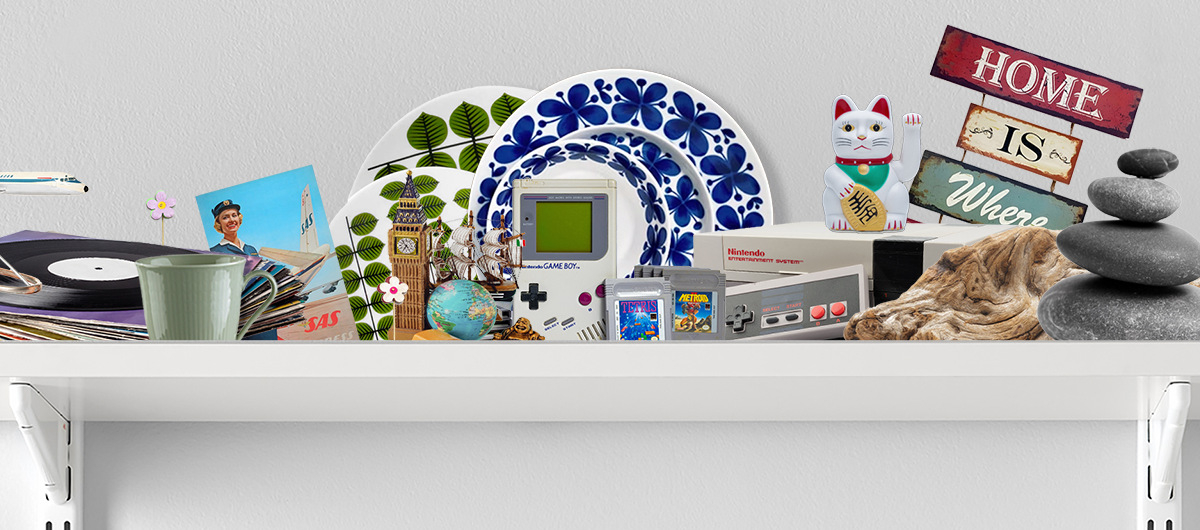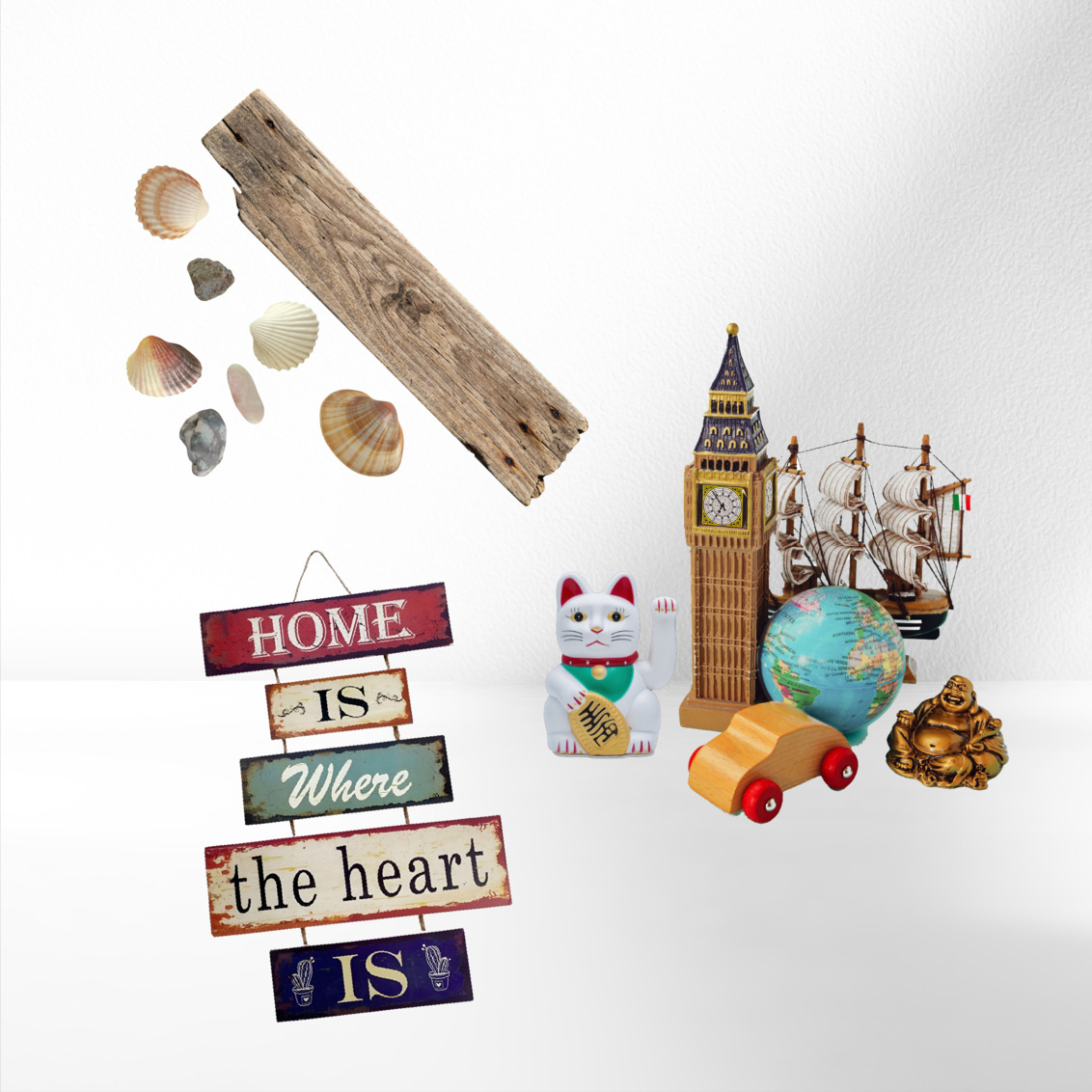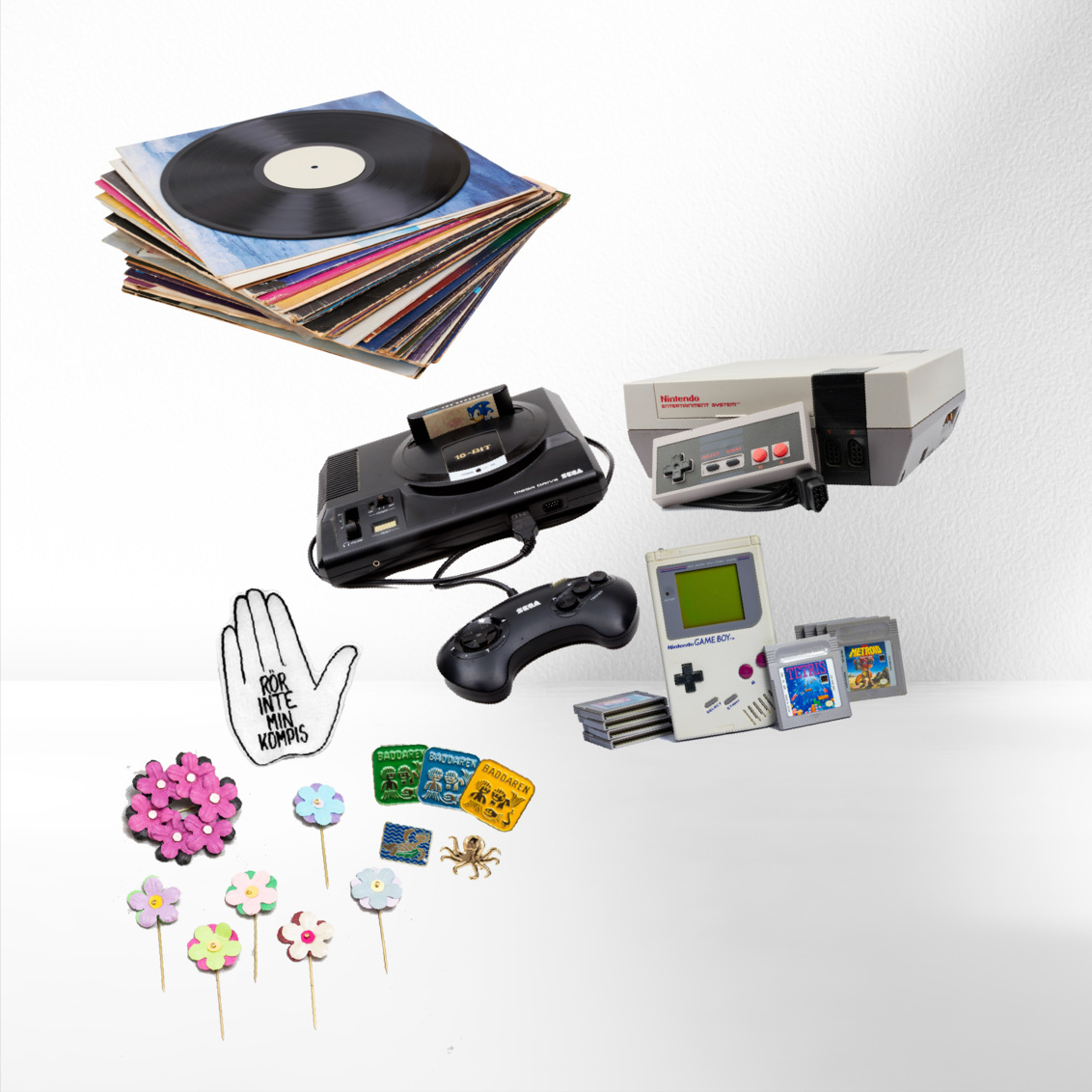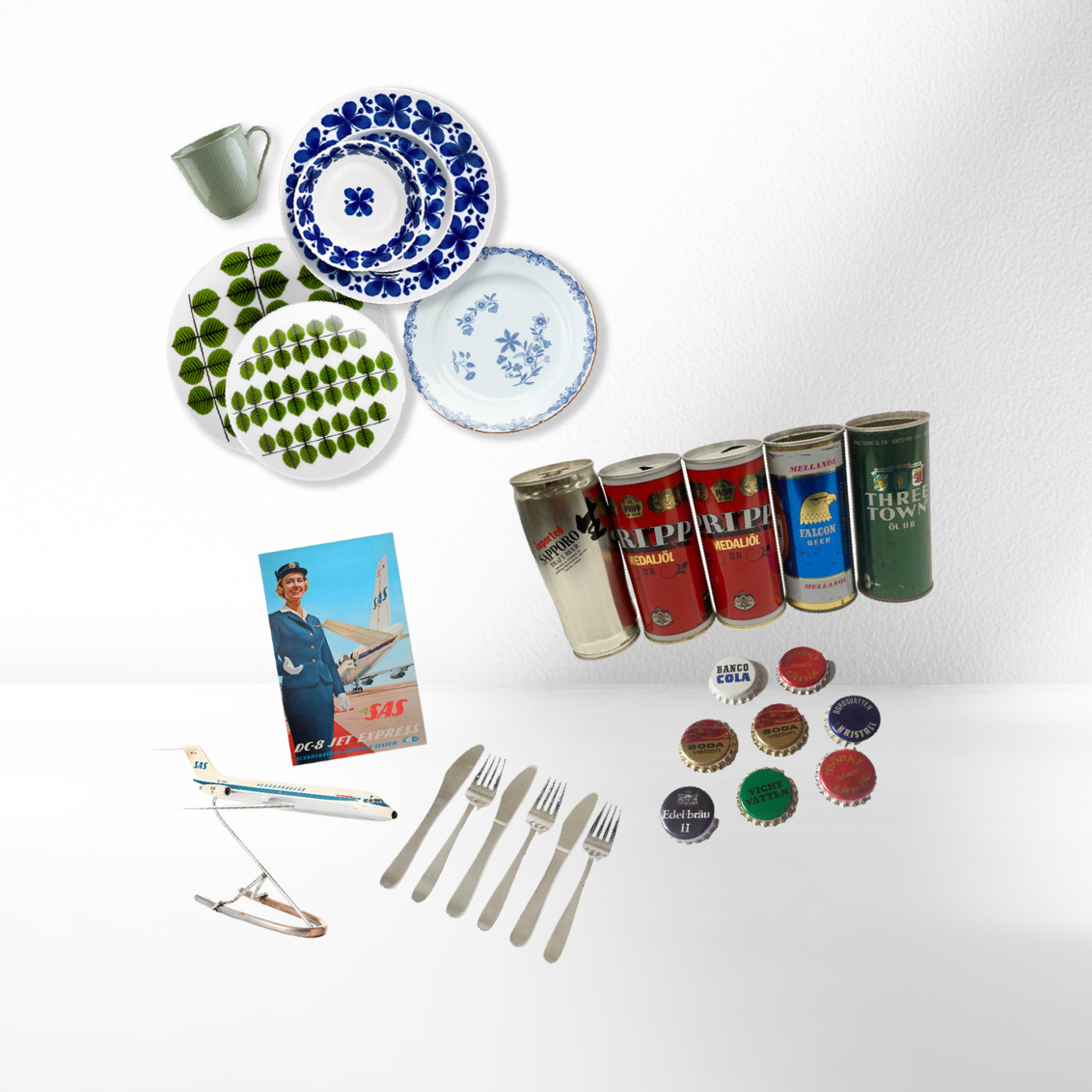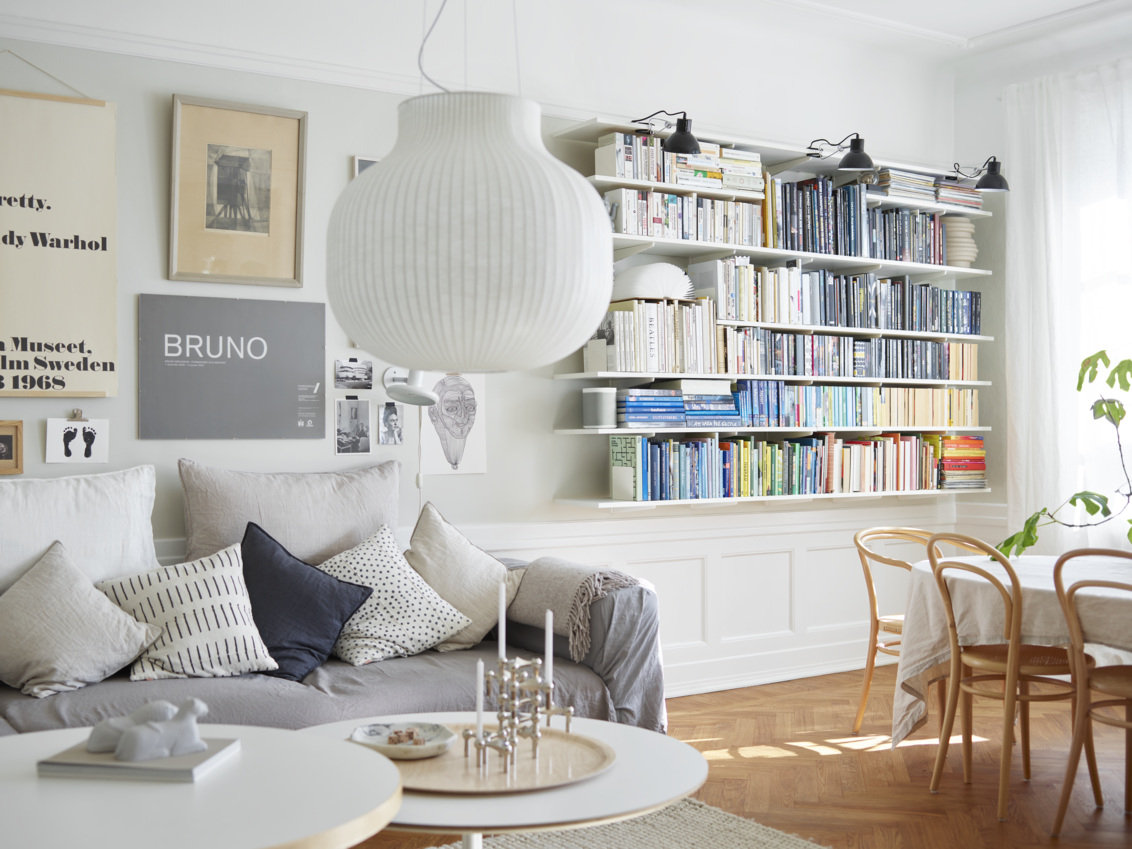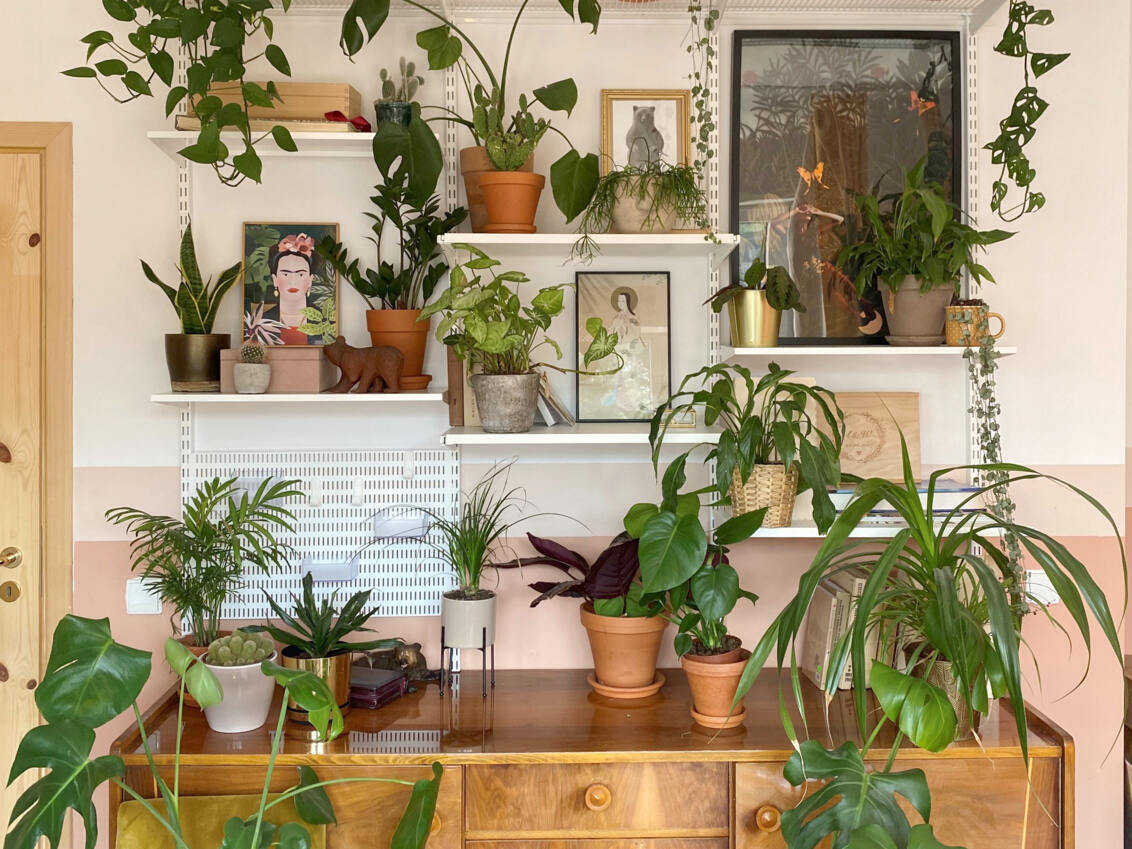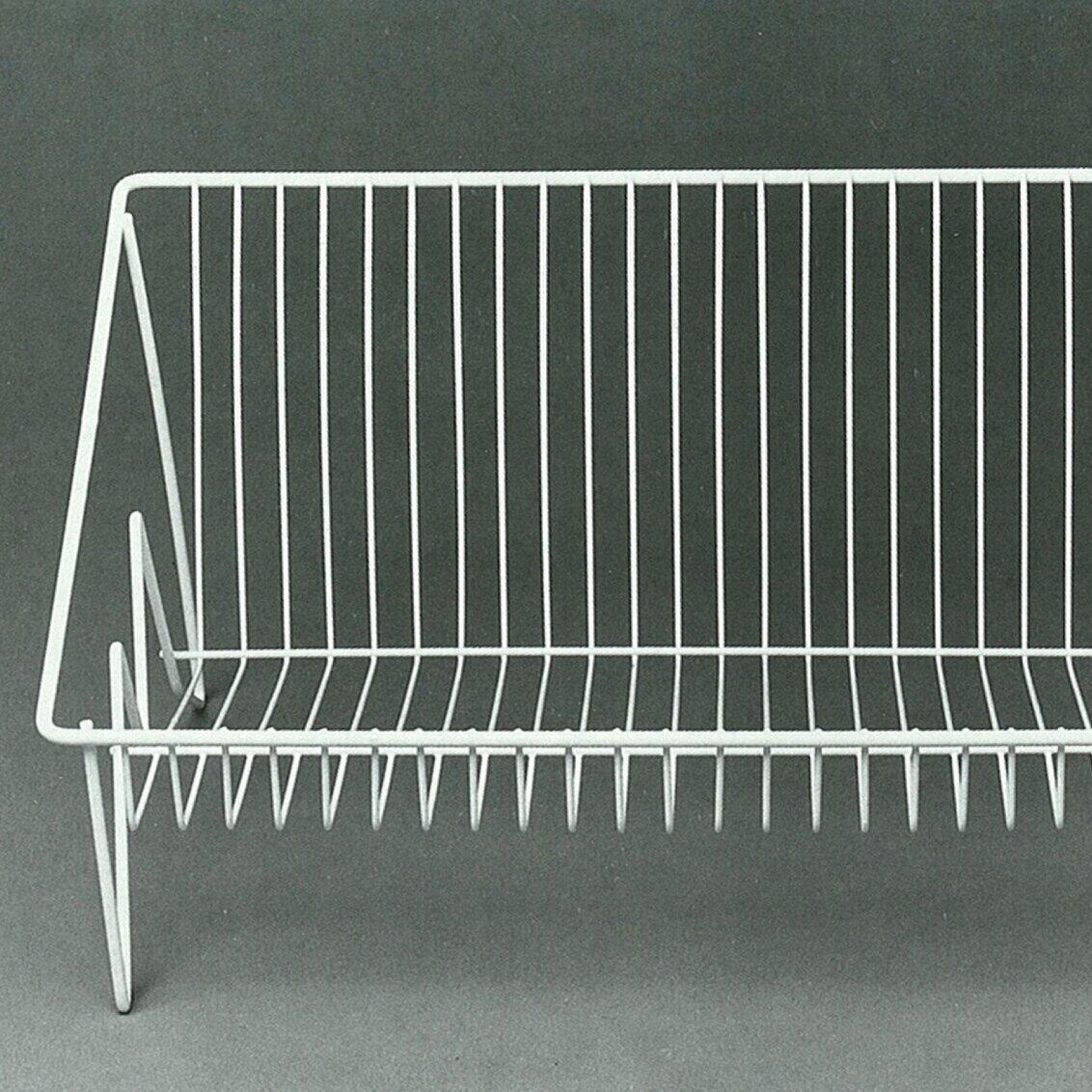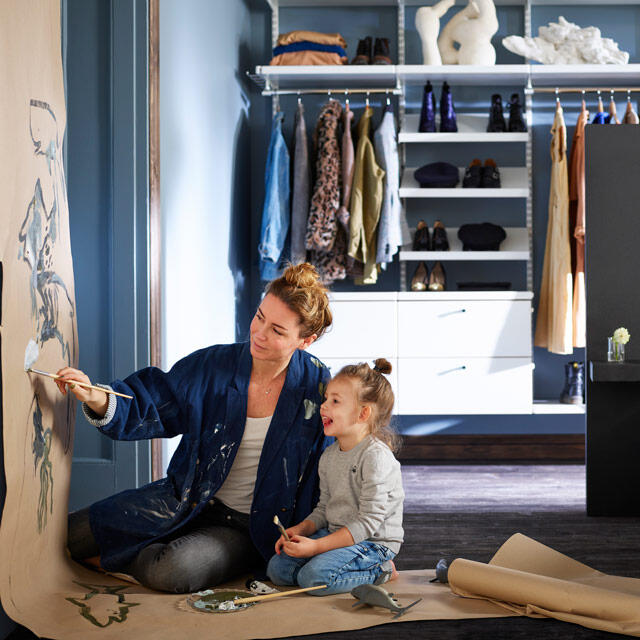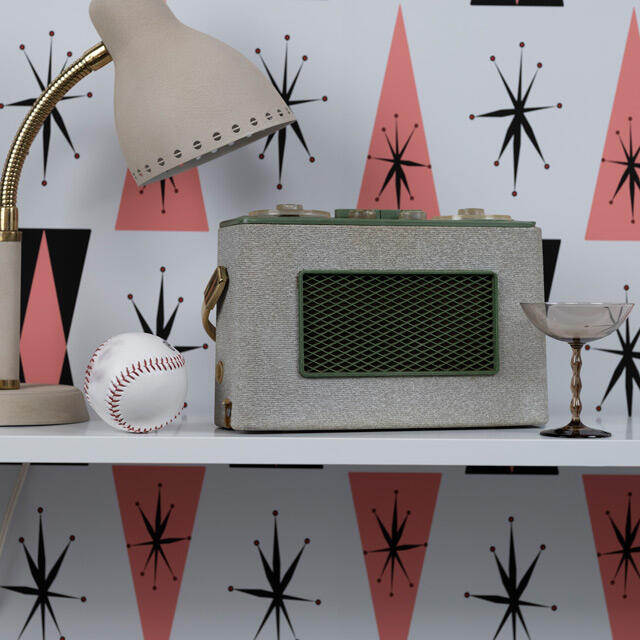ELFA INSIGHTS
The home as a reflection of our personality:
We don't just decorate with style – but with soul
The home is more than just a place to live. It has become an expression of who we are, what we value, and how we want to feel. Behind every choice of interior, storage and colour palette lies a clear reflection of personality. The home has become a way to show who we are – not just to others, but first and foremost to ourselves.



